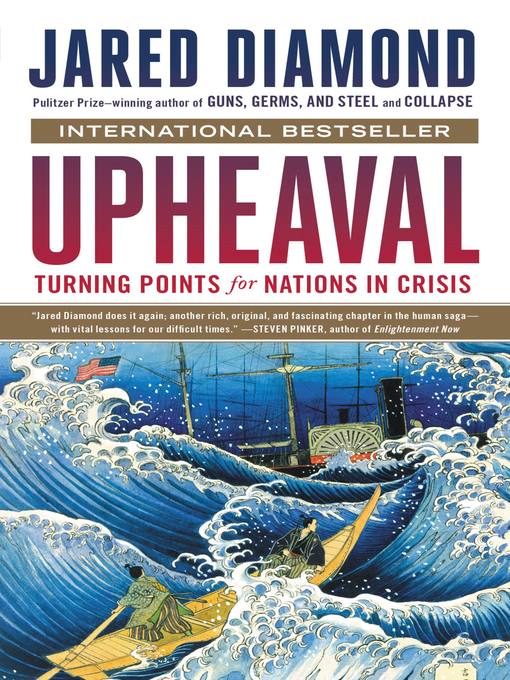- Available now
- New eBook additions
- New Nonfiction
- New kids additions
- New teen additions
- Try something different
- See all ebooks collections
- Most popular
- Available now
- Audiobooks for the Whole Family
- New audiobook additions
- New kids additions
- New teen additions
- Try something different
- See all audiobooks collections
- 中文
- Deutsche
- Français
- русский
- 日本語
- عربى
- Italiano
- 한국어
- Portoghese
- ไทย
- Tiếng Việt
- українська
- See all world languages collections

